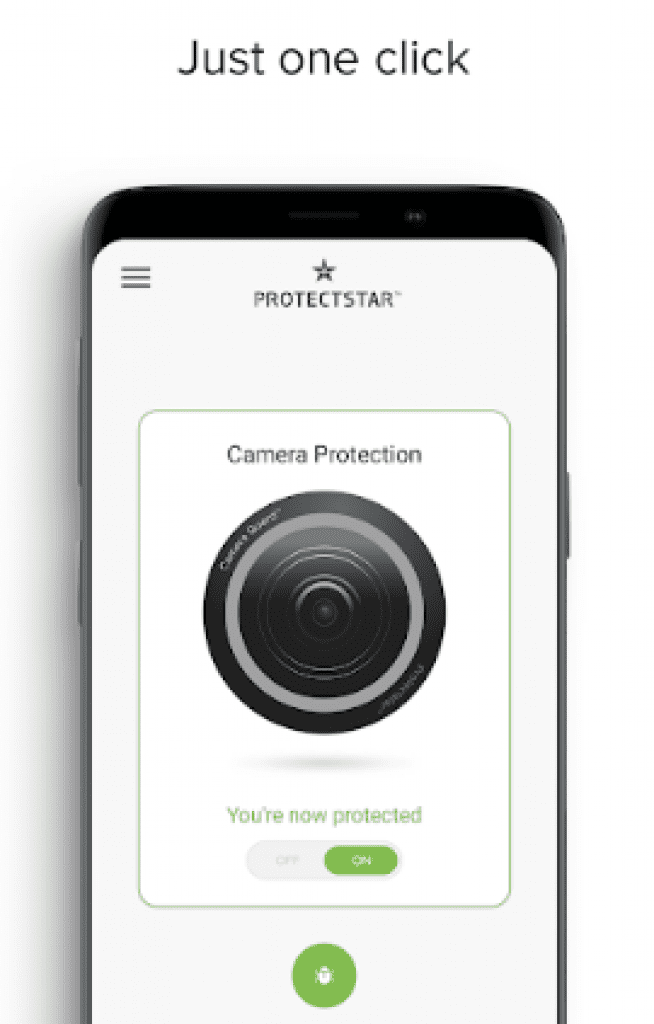

However, according to US Department of Justice body camera expert Jason Dombkowski, on public transport people do not have a reasonable expectation of privacy, especially in countries such as the UK where there is a high concentration of CCTV cameras.ĭespite criticisms, the merits of body cameras on train conductors are numerous. When it comes to body cameras, stakeholders have also raised concerns about people’s privacy. As stated by a health and safety circular sent in 2021 by RMT head office to all the branches, “external security measures, such as requests for increased police presences, more CCTV coverage, and body-worn video cameras, cannot be relied upon.” “It is no good bringing in such protective measures when at the same time the government and train operators are de-staffing trains and stations, leaving the workforce and the travelling public more vulnerable to assaults and anti-social behaviour,” commented Cash in 2018.Īnother critique against the use of such technology is that external security measures cannot be relied upon. While the majority of stakeholders believe that they are the best way to avoid anti-social behaviour, others believe that if not accompanied by other measures, their use is limited. Since their introduction, body cameras have received mixed reviews. Although this growth will be stunted by the Covid-19 pandemic, the heightened awareness surrounding safety brought forward by the pandemic, for both staff and passengers, sets the perfect landscape for widespread adoption of bodycams across the network. The number of passengers using the UK railway each year has doubled in the last 20 years, to 1.7 billion people. “It is clear from these findings that violence and abuse against transport workers has reached epidemic proportions, exacerbated by increased lone working, cuts to staffing and cuts to the police force,” commented RMT general secretary Mick Cash, following the publication of the 2019 RMT survey.Īs a result of the rise in violent incidents across UK railways, it is clear why rail operators are increasingly turning to body cameras to protect their staff. Lone working and continuous budget cuts to police forces are considered the main reason for the spike in 2019. “I have been assaulted more times in the railway in a year than as a prison officer of 15 years,” said one anonymous worker, while another added that a “member of the public came up to me and told me he was going to take me around the back of the station and rape me”. The research also showed that, despite a peak during the festive season, workplace violence on railway workers is a year-round problem.

According to a survey of Night Tube workers carried out in 2018 by the National Union of Rail, Maritime and Transport Workers (RMT), more than 88% of workers have been victims of verbal abuse, with one in three women and one in five men experiencing physical assault.Ī year later, RMT published another survey, showing that 72% of frontline transport workers experienced workplace violence in 2019, with 90% of those subjected to violence on multiple occasions. Violence on the UK railway network has become a phenomenon of epidemic proportions in the last few years. In November 2019, two passengers used racial slurs and attacked a train guard on the London Docklands Light Railway after the guard asked to remove their feet from the seats. “It is clear that violence and abuse against transport workers has reached epidemic proportions” As a result of the increase of incidents recorded on railways, in February 2020 body cameras became mandatory for Welsh railway staff, while two years prior Virgin Trains had come to the same conclusion.

In March this year, Northern Railway introduced more than 350 body cameras for staff across its network. SWR is just the latest rail operator to make this decision.

Hoping that the cameras will act as a deterrent when it comes to assaults and abuse experienced by the company’s personnel, SWR customer experience director Alan Penlington commented at the launch of the trial: “These body-worn cameras are designed to do just this, by deterring anti-social behaviour on our services and reducing the number of assaults our colleagues experience at work.” Credit: Tony Webster.īritish train operator South Western Railway (SWR) has been trialling the use of body cameras on train guards working out of the company’s Portsmouth deport since 28 June, with plans to roll the practice out to the whole network if successful. We look at whether body cameras are the way forward, or if they infringe on citizens’ right to privacy.


 0 kommentar(er)
0 kommentar(er)
